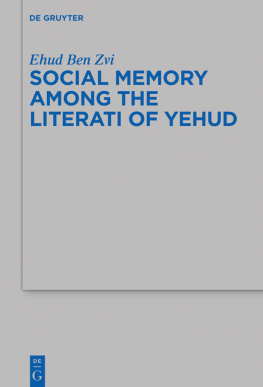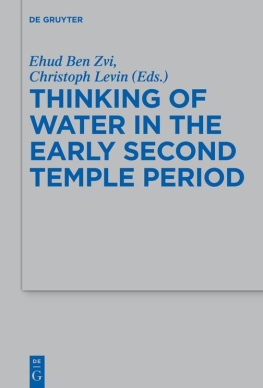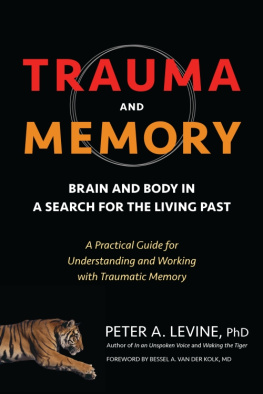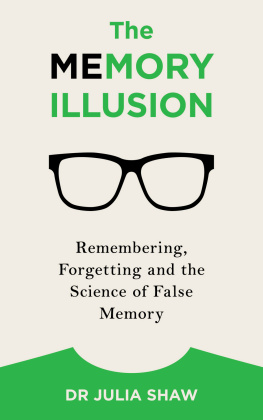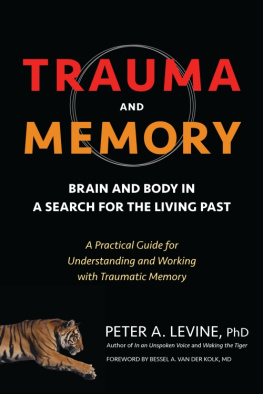Table of Contents
Guide

Ehud Ben Zvi
Social Memory Among the Literati of Yehud
Beihefte zur Zeitschrift fr die alttestamentliche Wissenschaft

Edited by
John Barton, Reinhard G. Kratz, Nathan MacDonald,
Sara Milstein, Carol Newsom and Markus Witte
Volume 509
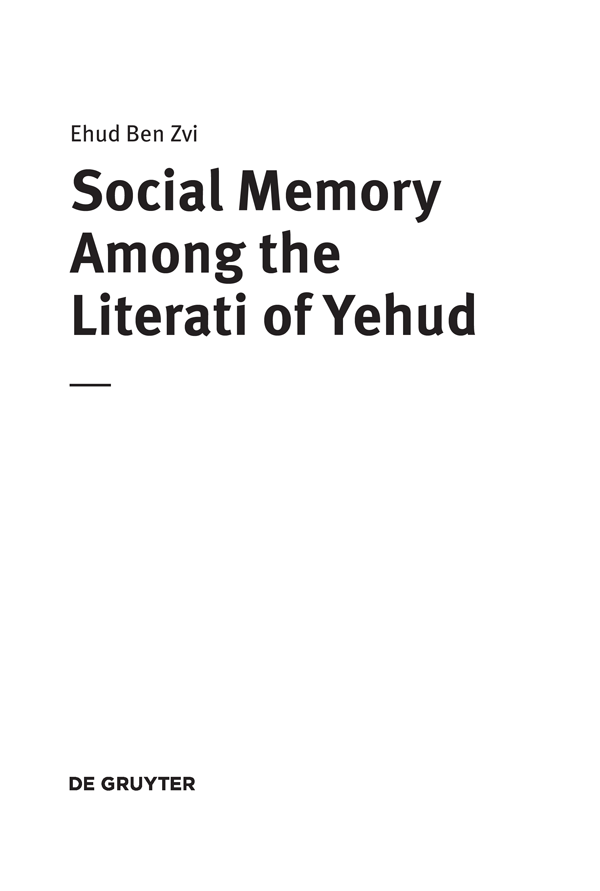
ISBN 978-4-11-054638-5
e-ISBN (PDF) 978-4-11-054714-6
e-ISBN (EPUB) 978-4-11-054651-4
ISSN 0934-2575
Library of Congress Control Number 2018967606
Bibliographic information published by the Deutsche Nationalbibliothek
The Deutsche Nationalbibliothek lists this publication in the Deutsche Nationalbibliografie; detailed bibliographic data are available on the Internet at http://dnb.dnb.de.
2019 Walter de Gruyter GmbH, Berlin/Boston
www.degruyter.com

This volume is dedicated to the memory of Profs. Gene M. Tucker, Philip R. Davies and Gary N. Knoppers who passed away as this volume was being prepared and with whom I had many thought-provoking, enjoyable conversations on many of the issues discussed here for a long time. May their memory be a blessing.
Foreword
The essays included in this volume are an integral part and representative of a larger project on Social Memory in/and of Ancient Israel, mainly in the late Persian/early Hellenistic period. This project has been supported by grants from the Social Sciences and Humanities Research Council of Canada. I am most thankful to the Council.
Some of the ideas and the correlated essays emerged out of papers given at and in conversations held in workshops, including those co-organized by Faculties of Catholic Theology and Protestant Theology at Ludwig-Maximilians-Universitt (LMU) Munich on the one hand and the Dept. of History and Classics at the University of Alberta on the other. Again, the Social Sciences and Humanities Research Council of Canada supported some of these workshops and the Fritz Thyssen Stiftung others.
Most of the other essays emerged out of a papers and conversations at EABS, SBL, IOSOT and CSBS meetings in the last ten years. I wish to express my gratitude to all the organizers of these sessions and to the scholars who work tirelessly to make these meetings possible, and whose contribution is rarely acknowledged. I would like to stress my debt of gratitude to all the colleagues who participated in these sessions. I learned much from the all. Needless to say, especial thanks also to those who co-edited volumes with me, on this or related subjects, and to those who invited me to the volumes and conferences they organized. Working with all of them and thinking with them has benefited my work, and needless to say, enriched myself personally, time and again.
I have also learned much from my students at our Social Memory seminars at my institution. I feel much gratitude to them all and to my department at the University of Alberta, for it continuously supported my work on this subject in any possible way.
I wish to thank the editors of BZAW for accepting this volume in the series, De Gruyter for publishing it, and to all the publishers who allowed republication of previously published work. I am most indebted to Dr. Sophie Wagenhofer, Senior Acquisitions Editor (Religious Studies, Jewish and Islamic Studies, De Gruyter), who went well beyond her call of duty to help me, to Dr. Albrecht Dhnert (Editorial Director, Theology and Religion, De Gruyter), to Aaron Sanborn-Overby (Content Editor, Ancient Near East, De Gruyter) Anett Rehner (Production Editor, De Gruyter) and all the editorial staff for all the work they have done for this project. This volume would not have come to life without them and their support.
To all those who have shared this journey with me over the last years, thank you!
Introduction
This volume is a collection of thirty-one essays addressing matters of Social Memory among the Literati of Yehud selected to familiarize or further familiarize readers with a particular socio-anthropological approach that sheds significant light on the world of ideas (and memories) shared by these literati. The essays here were chosen so readers may engage with a variety of research outcomes emerging from this approach, and thus raise observations, reservations, or think of complementary or alternative potential outcomes that this approach might lead to. All in all, the essays in this volume showcase a research path that historians may take to reconstruct the thought of the literati of the period. It also exemplifies potential uses of this approach for the study of the thought of other groups.
In addition, the volume includes some essays (see esp. the last two in this volume) that address potential intersections and complementarities between approaches informed by Social Memory studies like the one advanced here and those informed by other social-anthropological approaches. This volume thus invites the readers to explore some larger methodological questions involving historical method and social-anthropological approaches.
The essays included in this volume are representative of a larger, ongoing project on Social Memory in/and of Ancient Israel (mainly in the late Persian/early Hellenistic period) in which I explore what happens when a historian of ancient Israel wears the critical lenses of Social Memory to construct reasonable reconstructions of the cultural world of an ancient group. I hope that at least some of the readers of this collection, be they specialists in the history of ancient Israel or of other ancient societies, whether they agree or disagree on the particular points I am advancing, would reach the conclusion at the end of their readings that these lenses are indispensable for historians of the social and cultural world of societies.
As part of this project I have given numerous talks in academic conference settings, and to the general educated public, on four continents. I talked to colleagues in the field of ancient Israel and Biblical Studies and to colleagues in departments of History. I have taught seminars and low undergraduate courses at my university, involving students of a substantial variety of periods and cultures. In addition, along with dear fellow travelers, I co-organized workshops and sessions on these matters and co-edited a significant number of (mainly thematic) volumes dealing with various aspects of this project. I have learned much through this process from all of my colleagues and students, from all those who interacted with my papers and from all the participants in the talks I have given to specialists and to the general public, especially from those who asked questions and took me aside after talks. I am thankful to them most of all.
The collection comprises, for the most part, essays already published in a variety of academic venues, mainly various collected essay volumes, but also six that are published here for the first time. None of the essays is from earlier than 2010. Since I tend to believe in the importance of case studies, provided that they incorporate some explicit reference to and acknowledgment of the methodological approach underlying them, the majority of essays focus on either a diverse set of significant characters of memory remembered by these literati (e. g., Abraham, Moses, Joshua, Isaiah, Jeremiah, Hosea, Ahaz, Zedekiah, the successful, wise, worthy wife of Prov 31:10 31) or central topics, that were often explored through the memories of them that were shared by the literati. These topics include matters such as exile, boundaries around Israel and crossing them or establishing in-between areas, divine promises, ideological responses to life under the Persian Empire and related issues involving hybridity and mimicry, and the limits of human knowledge.

